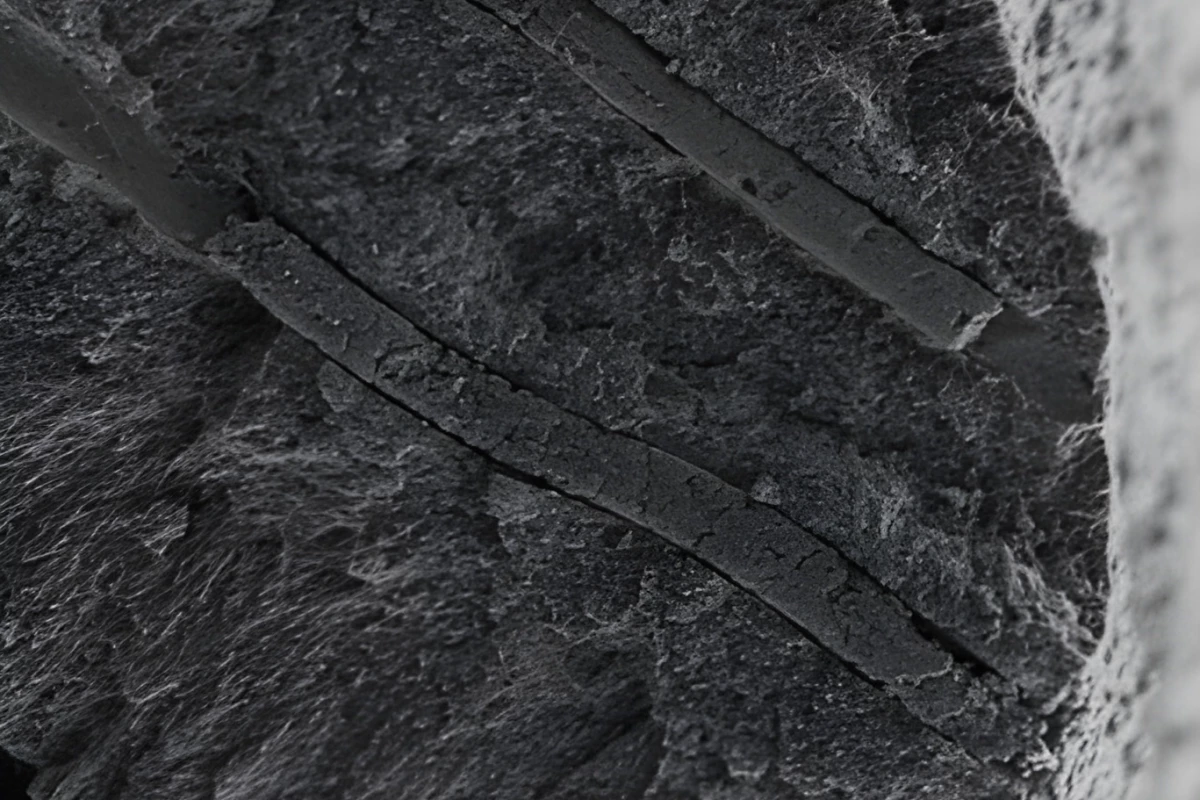Having hypersensitive teeth can be quite the hassle, making it painful to consume hot, cold, sweet and/or acidic foods and beverages. Tiny new "robots" are here to help, by permanently plugging tunnels in the teeth for less discomfort.
Building upon a previous study, the nanoscale "CalBot" robots are being developed by scientists at the Indian Institute of Science's Centre for Nano Science and Engineering (CeNSE). Each of the bots is in fact a 400-nanometer-wide magnetic iron oxide nanoparticle, which is doped with a proprietary calcium-silicate-based bioceramic material.
After the CalBots are placed on the surface of the teeth, an externally applied magnetic field is used to steer chains of them down into tiny fluid-filled tunnels known as tubules. Each tubule runs through the tooth's dentin layer, directly to a nerve ending within the tooth's pulp.
Ordinarily, the tubules are capped by the tooth's outer layer of enamel, keeping them from coming into contact with substances in the mouth. When that enamel is eroded or otherwise lost, however, hot/cold/sweet/acidic substances do enter the tubules. This causes the fluid inside of them to move, which in turn triggers a pain sensation in the nerve endings.
Special desensitizing toothpastes do help, although they really just provide temporary relief from the symptoms. In the case of a CalBot treatment, however, the robots' bioceramic forms a cement-like plug running 300 to 500 micrometers into each tubule. That biocompatible plug reportedly serves the same role as the enamel, keeping substances from entering.
The scientists started out by experimenting on human teeth extracted for clinical reasons. After 20 minutes of magnetic field exposure, the CalBots were found to have formed "deep, stable plugs" in the exposed tubules in all the teeth.
In subsequent tests performed on mice, CalBot treatment caused animals with induced tooth sensitivity to begin drinking cold water, which they previously passed over for room-temperature water.
"This is a compelling demonstration of what nanorobotics can achieve, and how they could significantly impact future healthcare," says CeNSE's Prof. Ambarish Ghosh, one of the corresponding authors of the study. "We’re excited to see this work progress toward clinical use."
The CalBot technology is being commercialized by spinoff company Theranautilus, and is described in a paper that was recently published in the journal Advanced Science.
Source: Indian Institute of Science




